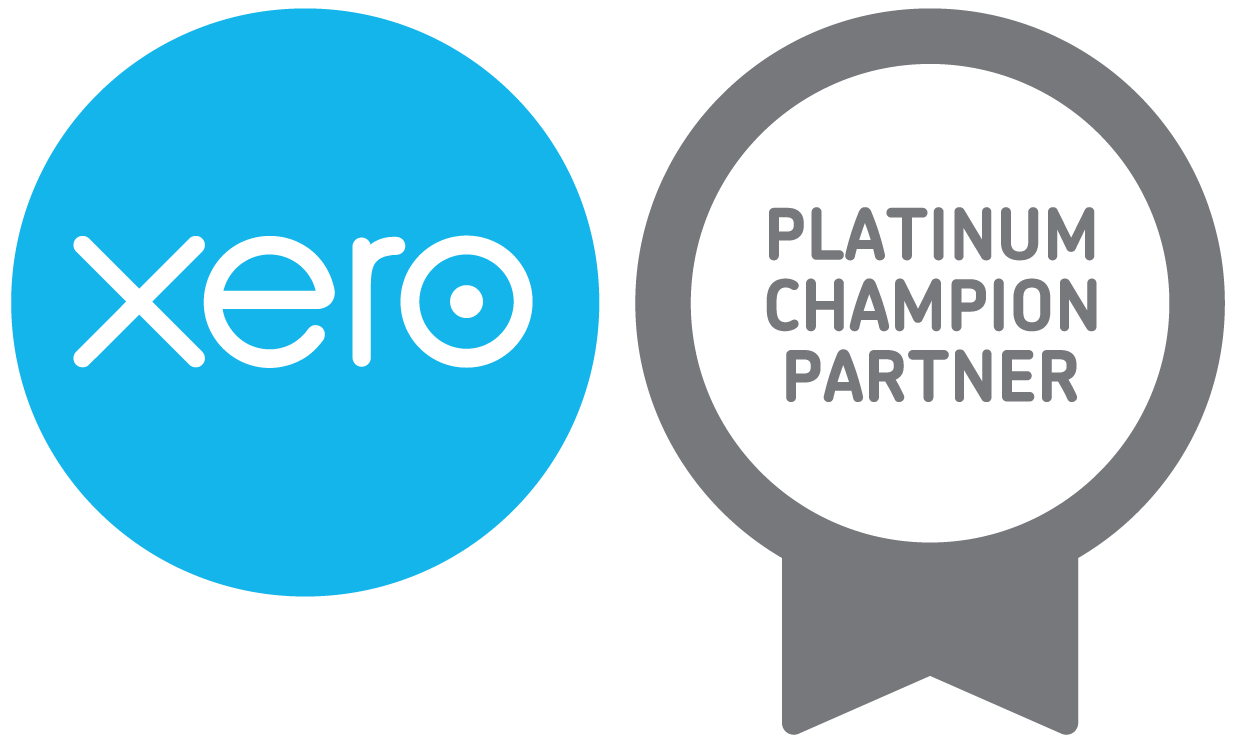IR35 Explained - Inside or Outside, What you Need to Know

Inside vs Outside - What you need to know about IR35. A practical guide for contractors and freelancers.
What is IR35?
IR35 is a set of UK tax rules designed to identify cases of what HMRC calls “disguised employment.” It applies when someone provides services to a client via their own limited company, often known as a Personal Service Company (PSC), but the nature of their working relationship resembles that of a regular employee.
The core question IR35 asks is simple: If the limited company didn’t exist, would the individual be classed as an employee of the client? If the answer is yes, then the engagement is likely to fall inside IR35 and that comes with tax implications.
What does it mean to be inside/outside of IR35?
If you're working inside IR35, you’re considered an employee for tax purposes. This means most of your income from that contract will be taxed at source through PAYE, with deductions for Income Tax and National Insurance.
Being outside IR35 means you’re genuinely operating as a self-employed business. You’re responsible for managing your own tax affairs and can usually take advantage of more flexible and potentially tax-efficient ways of paying yourself, such as through a mix of salary and dividends.
Who decides IR35 status?
If you’re working with a public sector organisation, or a medium or large private sector client, the responsibility for determining your IR35 status lies with the client. They just also provide you with a Status Determination Statement (SDS), setting out their decision and reasoning.
However, if your client is a small private company, then the responsibility to determine IR35 status remains with you, the contractor.
Why IR35 Matters
Getting IR35 wrong can have serious consequences. If HMRC decides your contract was incorrectly classified as outside IR35, you could face a large tax bill, including backdated PAYE tax and National Insurance, interest, and potentially penalties.
It also affects how much you take home. Inside IR35, you’ll likely earn less after tax. It may also impact your decisions about which contracts to take and how to run your business.
IR35 Myths...Busted!
There are a few widespread myths about IR35 that are worth clearing up.
First, just setting up a limited company doesn’t automatically mean you’re outside IR35. HMRC looks at how you work, not just your business structure.
Second, the length of your contract isn’t what matters. A short contract can still fall inside IR35 if the working relationship mirrors employment.
Third, some believe that if the contract says they’re outside IR35, they’re safe. But HMRC isn’t bound by contract wording, they’ll look at the real-life working arrangement. If your contract says one thing, but you behave like an employee, they’ll go with the latter.
Need Help Navigating IR35?
IR35 can be complex, but getting it right matters. Whether you're assessing your first contract or need clarity after a status determination, we provide clear, practical support to help you understand your position and make informed choices.
Let’s make sure you're protected, compliant, and confident in the way you work. Get in touch today to find out how we can support you.
Visit our website at www.bernard-rogers.co.uk, call us on 01926 851516 or email davidrogers@bernard-rogers.co.uk to find out more about how we can help you make informed decisions about IR35.
Discover more tax guidance articles.
We hope you find these summaries useful and do let us know if there is a topic you would like further information on – suggestions are always welcome!
David's Christmas Reflection 2025
As we reach the end of another year, I’ve been looking back at everything that has happened across Bernard Rogers & Co and the wider business world. It has been a year with no shortage of change, challenges and the occasional surprise, but also one filled with progress, good conversations and a few proud moments along the way.
5 Things Every Business Owner Should Do Before Breaking Up for Christmas
As the year draws to a close, many business owners find themselves trying to wrap up client work, manage staff leave, and plan for the new year - all while attempting to enjoy the festive season. December always feels short, and once schools break up, productivity often drops whether we intend it to or not.
Digital ID for Workers: What Small Businesses &Contractors Need to Know
When the Prime Minister announced plans to make digital identity cards mandatory for working adults, it captured headlines...
Contact us for a free, informal chat.
Message us today to explore tailored solutions that meet your unique business needs.




